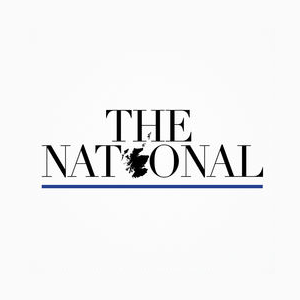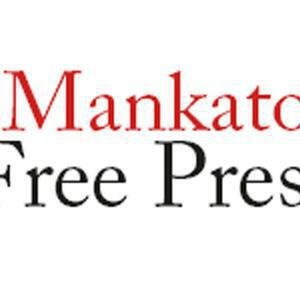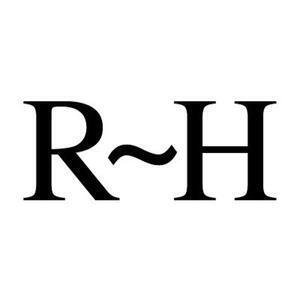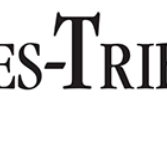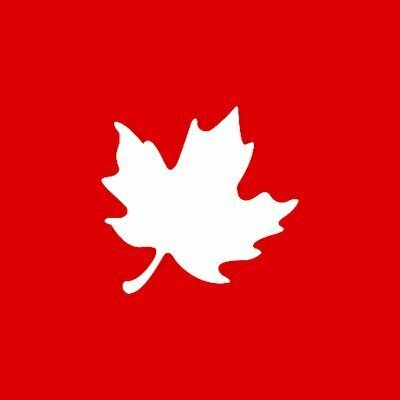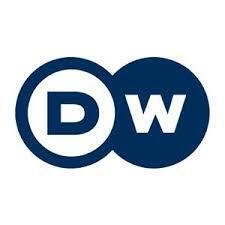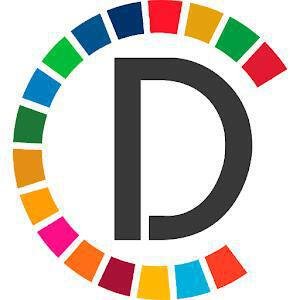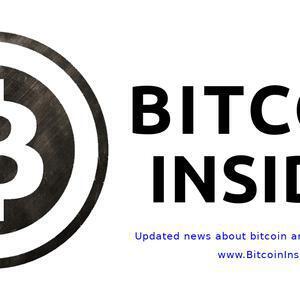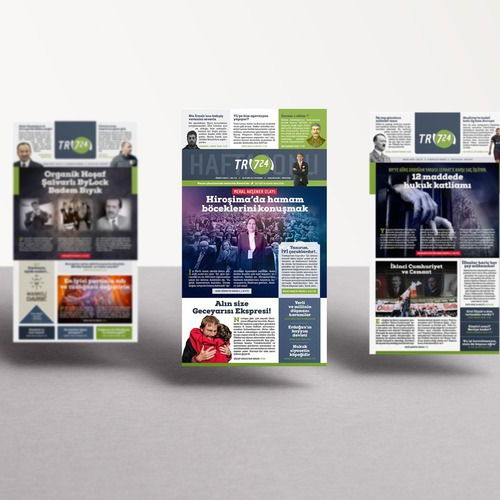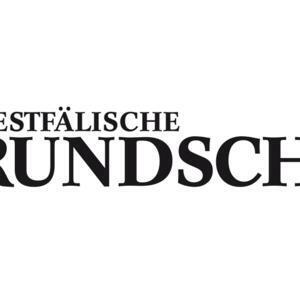- President Donald Trump announced sweeping tariffs for “Liberation Day” Wednesday. The policy has already faced retaliatory threats from trading partners.
- The Trump administration has shown a willingness to negotiate with individual countries to reduce the tariff burden.
- Retaliation measures could depend on many factors, including political capital in the affected nation, according to trade expert Mary Lovely.
Full Story
“Liberation Day” marked the launch of President Donald Trump’s sweeping tariff policies that will reshape global trade. In the wake of the rollout of levies, nations across the globe are scrambling, with some trade experts warning of “chaos.”
“April 2, 2025, will forever be remembered as the day American industry was reborn, the day America’s destiny was reclaimed, and the day that we began to make America wealthy again,” President Trump said Wednesday, April 2, of “Liberation Day.”
After the announcement, the stock market had its worst trading day in years on April 3, as investors digested the president’s plans.
“I think a better name for this day would be ‘watch your wallet day,’” trade economist Mary Lovely told Straight Arrow News. “I believe there’s going to be a lot of chaos around this, especially because, at the same time, they revoked the so-called de minimis provision, which allowed packages under $800 to come in without the real fancy kind of customs treatment.”
The latest tariff campaign from the White House received a quick rebuke from countries that will have to deal with the new levies.
The art of the deal
U.S. Commerce Secretary Howard Lutnick made the rounds for interviews on Thursday, April 3, and said there is still room for negotiation.
“We’re talking with all of the major countries of the world. And we’ve been talking to them for more than a month,” Lutnick told CNBC. “This has been coming, we said it’s coming. The key is, will they take our agricultural products? Will they treat us fairly? Can they treat us fairly? And the answer is, over time, that is going to be yes.”
“I think the greatest thing for me is that Donald Trump is sitting behind the resolute desk in the Oval Office, and he is the greatest deal maker, and he will decide how he wants to play his hand,” the commerce secretary said in an appearance on Bloomberg.
Japanese Trade Minister Yoji Muto said Japan will work to “exempt” itself from these tariffs, which will hit 24% after “Liberation Day.”
“I think that countries are trying to figure out what Trump would want in a deal to reduce these tariffs, but we have to realize that if he does that, it goes against two of his stated objectives, which is one, to reassure activity to the United States,” said Lovely, who is a senior fellow at the Peterson Institute for International Economics. “He’s definitely been way out front promising Americans that, and if he rolls back the tariffs, doesn’t that cancel that out? That’s the incentive, right there. And secondly, he doesn’t get the tariff revenue that he needs to not explode the budget deficit.”
Lovely said focusing on deals in the wake of the tariff initiative can raise some issues.
“I worry about what kind of deals other countries hope to cut with the trade team,” she said. “Will these be transparent? How did they relate to U.S. law?
“One of the problems with arbitrary trade policy is that there is a lot of room for, if not actual corruption, the appearance of corruption,” she added.
Tariff retribution
While several trading partners are ready to meet the Trump administration at the negotiating tables, some are choosing retaliatory measures.
China, which faces a 34% tariff on top of an existing 20% rate, called on the U.S. “to immediately lift its unilateral tariff measures and properly resolve differences with trading partners through equal dialogue.”
Meanwhile, the European Union has vowed to react.
“President Trump’s announcement of universal tariffs on the whole world, including the European Union, is a major blow to the world’s economy,” European Commission President Ursula von der Leyen said Thursday.
“At the same time, we are prepared to respond,” von der Leyen added. “We are already finalizing the first package of countermeasures in response to tariffs on steel, and we’re now preparing for further countermeasures to protect our interests and our businesses if negotiations fail.”
Countries preparing to retaliate include Canada and Australia.
“We are gonna fight these tariffs with countermeasures,” Canadian Prime Minister Mark Carney said. “We are going to protect our workers, and we are going to build the strongest economy in the G7.”
My response to President Trump's announcement today: pic.twitter.com/HHU1UJP1GN
— Mark Carney (@MarkJCarney) April 3, 2025
“Retaliation is a huge risk,” Lovely told SAN. “In Canada, with an election coming, we’ve seen Mark Carney say that he will respond. Other countries are saying, well, that’s not perhaps in our own interest.
“Overall, it’s going to depend again on the election cycle,” Lovely added. “How do people feel about their leaders, their country being, in a sense, bullied by the United States? Do they demand action? Would they like to see the government be more conciliatory because there’s a lot at risk?”
If “Liberation Day” tariffs stand, Lovely says a global trade war in 2025 will look much different than the trade spat with China during President Trump’s first term.
“[The White House] says the last time that they did this, you know, we didn’t see a gigantic spike in the [Consumer Price Index],” Lovely said of the impact on inflation. “We didn’t see the economy slowing. We’re at a very different place in the business cycle.
“This time, going after all of our trading partners is very different because, among other reasons, China was able to reroute,” she continued. “Other countries were able to partly, not entirely, provide untaxed substitutes, and that basically made the burden on Americans smaller. Here, it’s very difficult to see what this complicated web of tariffs is leading to in terms of how multinationals will rearrange their supply chains.”
However that sorts out globally, Lovely predicts Americans will see those price spikes in time for back-to-school shopping.













